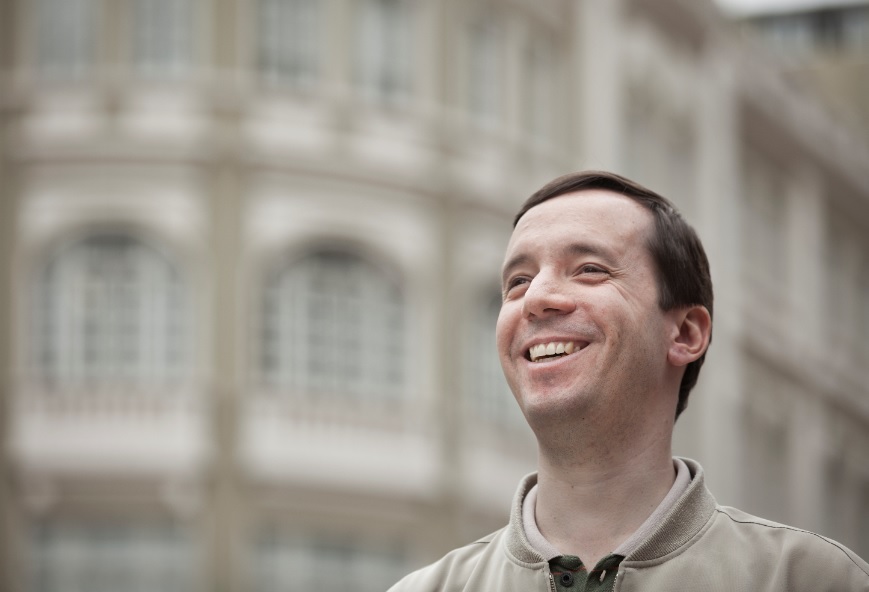São Paulo – Giving voice to his life cause drove Fernando Botelho to apply for a grant of Expo Life, the social-environmental branch of Expo Dubai 2020. He is the only Brazilian to be selected by the program so far, and the result was ‘Letícia,’ an artificial voice that makes technology accessible to the visually impaired.
And the Brazilian resumé is extensive. Botelho has worked in New York, Zurich, and Geneva. He himself is visually impaired and is a social entrepreneur in a consulting firm he created, F123. “We already had the idea to develop a low-cost, high-quality voice. It’s not easy to find financial support for such innovation projects, especially since it wouldn’t make any money, so we had the idea but hadn’t started implementing it. When the opportunity arose, we thought it would be great, explained he, who was approved two years ago in Expo Live selection process for social entrepreneurs.
The free technology consists of a screen reader software. It’s an assistive technology, which provides more accessibility in day-to-day activities such as a wheelchair. “Most screen readers are for people who can’t see. It’s a different way to perform the same activities. We focused in a project that improved access to low-cost software, we wanted to offer it freely. The team is me, my wife and several others from seven different countries. Most of the them are blind people developing software or doing translations,” Botelho said.
The app was launched in September 2019, but without a marketing budget, it’s still spread via mouth-to-mouth, relying heavily on the shares of users. The instructions to install the app are on this webpage of the 123 site. The voice features 3,300 phrases in over nine hours of high-quality recordings. And to achieve a product that wasn’t robotic but natural, a singer lent her voice to the app. The technology is even named after her, who’s called Sara Letícia and is visually impaired too.
The core of team was entirely composed by blind people: a software developer, a linguistics expert and Botelho himself, who managed the processes. The voices work both in cellphones and computers.
Botelho still doesn’t know how the Expo Live grantees will participate during Expo 2020 in Dubai. “We’re the first project from Brazil they’ve supported. They are raising awareness and I hope we have more projects. It’s still being organized, being determined if we’re doing a Ted-Talk style presentation or demo or offering workshops to teach blind children to set up their own computer,” he pointed out.
A sociologist with a master’s in International Relations, Botelho has worked in developing low-cost technology for the visually impaired since 2007. “I lived abroad for a long time. I found that every disabled person has a great potential, but it’s not fulfilled for lack of proper technology. I’ve always regarded myself as a privileged person because my parents [had some money], but many people in developing countries don’t have that kind of access. I wanted to do a project to improve this access since 80% of the disabled live in developing countries,” he says.
During his career, he had led in New York the development of eSightCareers, the world’s first web service focused on job opportunities for the visually impaired. And now, besides ‘Letícia,’ he’s developing other two projects with Expo 2020 support. “I’ve always dedicated myself to technology for the blind. And I don’t plan to stop. We don’t know what the future will bring, but as long as there’s a chance to help in this, I want to keep going,” he finished.
Watch below a video where the Brazilian talks about the project:
Translated by Guilherme Miranda




